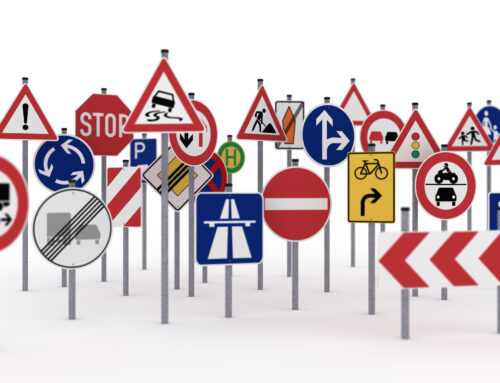So what exactly is a panic attack?
A panic attack is a physiological response to a perceived threat. In other words, it is the body’s own mechanism to protect itself. In some respects we haven’t really advanced much as a species since the time of the caveman. If you met a threatening animal in the forest, your whole body would prepare you for the ‘flight or fight’ mechanism, this is what we now call a Panic Attack.
This comes from the adrenaline hormone that is released from the adrenal glands. What happens when adrenaline is released quickly into our body? Muscles fill with blood; heart rate and blood pressure elevate and your breath becomes shallow and rapid. The blood is taken away from your non-essential processes, such as digestion, in order to move to the major muscle groups (Psych Central, 2015).
Sugars are released into the bloodstream to give you a burst of energy. Your senses (touch, sight, smell, hearing, perception of time) become heightened, so you are alert to your surroundings. Your body temperature increases; therefore, your perspiration also increases to cool down the body. You are now ready to fight this perceived threat or run as fast as you can to escape.
This all happens very fast. Sound familiar? This ‘flight or fight’ response has served human beings well forever. In taking action, the tension and adrenaline that has built up in the body is released. As soon as we are out of danger, or believe we are safe, our body returns quickly to homeostasis or its normal state. This exact process still happens to us when we perceive a threat to our well-being (Better Health, 2014). Today our threats are, for the most part, emotional or psychological, not often are they so physical such as being eaten by an animal.
 These threats might exist in our way of thinking, rather than in the physical world, but the body doesn’t know the difference. Our mind perceives various events from the surrounding environment, can imagine what may happen or activate a feeling of threat and fear. Some may be categorised as dangerous. As a result, the body speeds up its activity, releases the adrenaline in preparation to run or fight, preparing to react. As our threats are now rarely about physical danger, we need to find a way to release the accelerated adrenaline to reduce this flight or fight response in the body.
These threats might exist in our way of thinking, rather than in the physical world, but the body doesn’t know the difference. Our mind perceives various events from the surrounding environment, can imagine what may happen or activate a feeling of threat and fear. Some may be categorised as dangerous. As a result, the body speeds up its activity, releases the adrenaline in preparation to run or fight, preparing to react. As our threats are now rarely about physical danger, we need to find a way to release the accelerated adrenaline to reduce this flight or fight response in the body.
We can feel overwhelmed, unsure or our direction, fear of unknown in what or how we are to do something or manage, unable to find resolutions to our questions or fears. We may doubt ourselves and fear a consequence of this. All these feelings can result in a panic attack, a perceived feeling of threat or fear. These fears crate the adrenaline release and we are now in a panic mode wanting to run away or fight, yet we still do not know what one to do. It is imperative for us to learn tools for managing these panic attacks as they can really prohibit us progressing with our daily life.
Whether you had experienced panic attack symptoms just once or repeatedly, it can have debilitating effects on your self-confidence and daily life activities. You might get terrified to have panic attack symptoms anytime. Panic attack problem can disrupt your social life and can even obstruct your career development. To remove this panic from our body you can ideally work it off using physical energy (30 sec should do), if this is not possible then –
- Acknowledge the adrenaline as it is released, it thinks we need it to help protect us from danger,
- Thank it for protecting us, (we do need it sometimes if we are really threatened)
- Close your eyes to internalise, breathe deeply and slowly to ensure good amounts of oxygen dissipates the adrenaline in the blood (min 3-5 breaths)
- Reassure yourself that you are safe, ‘all is good, I am safe, thank you, I am safe’
- Smile – this again releases good feeling hormones
- Distract yourself such as counting backwards in 7’s, this focus our mind elsewhere
- Never run from the situation as it may reinforce your perception of panic; sit calmly to gain confidence in your ability to cope and allow it to pass
This works fast and effectively. It is a hormone in your body and this one you do have some control over. If it is not serving you well, do something different to regain your control. Everyone at times feels scared, threatened by thoughts or fears and adrenaline is released in all of us. Be one of those who is not controlled by it – take your control back. I have helped hundreds of people regain their own control over panic attacks very quickly. It is necessary to understand what is happening and when we do it becomes far more logical and easy to control. You can do it, just practice, you will Win.
References:
Better Health (2014), https://www.betterhealth.vic.gov.au/health/conditionsandtreatments/panic-attack
http://psychcentral.com/disorders/panic-attack-symptoms/






